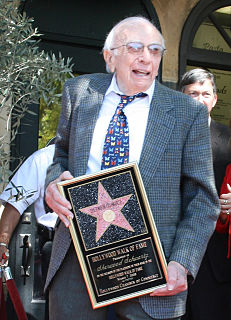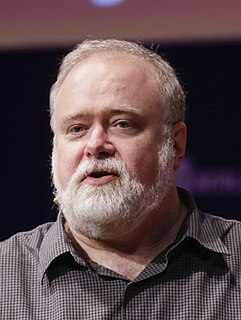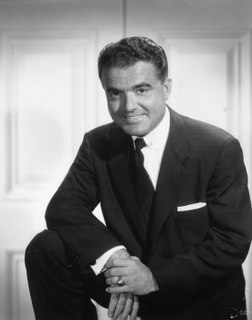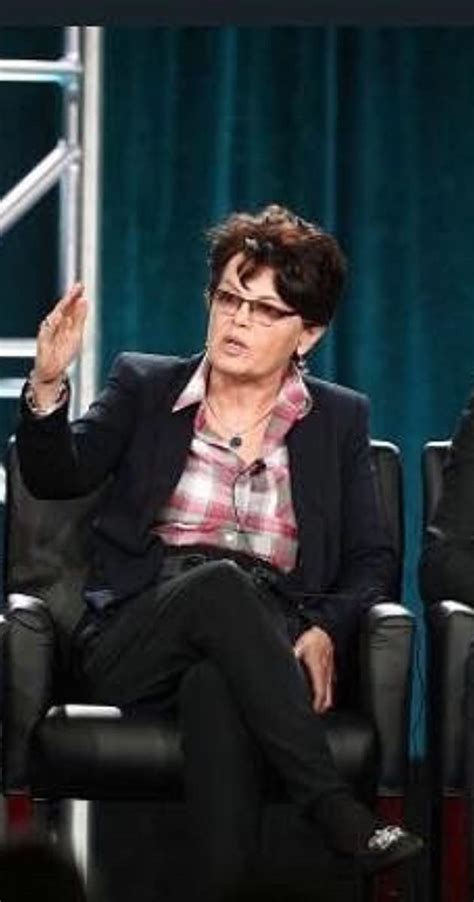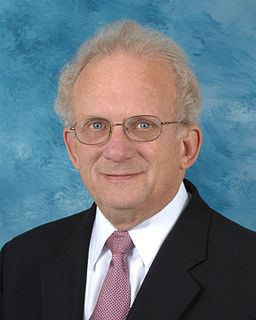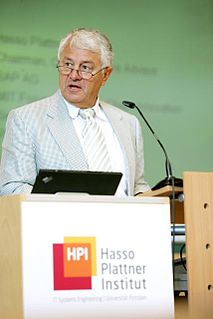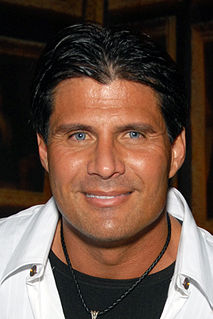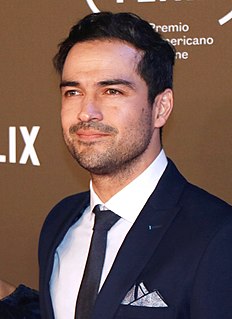A Quote by Sherwood Schwartz
I own all the characters I created, thanks to the Writers Guild, so nobody can do anything without me. The way it works is: If the copyright owners instigate a project, like the movie, then I get a fee as creator. If I instigate a project, like the musical, I pay a percentage to the copyright owners.
Related Quotes
I think intellectual property is more like land, and copyright violation is more like trespass. Even though you don't take anything away from the landowner when you trespass, most people understand and respect the laws that make it illegal. The real crime in copyright violation is not the making of the copies, it's the expropriation of the creator's right to control the creation.
Screenwriting is a terrible way to make a living and I always try to talk anyone out of it. Until you sit in a story meeting with studio executives with no particular ability or actors who haven't even graduated high school telling you exactly how to change your script, you haven't experienced what it's really like to be a screenwriter in Hollywood. Also, unlike novelists and playwrights, you don't own the copyright on your original material. It hurts when you sell a project you love and then suddenly the project you really cared about will never see the light of day.
Under the 1998 Digital Millennium Copyright Act, Tumblr, YouTube, Reddit, WordPress, and Facebook aren't responsible for the copyright infringement of each of their millions of users, so long as they take down specific posts, videos, or images when notified by copyright holders. But copyright holders thought that wasn't good enough.
In 2002, Google began an ambitious project to digitize every book in the world. It was intended as a search project: type in a query, and Google would show you snippets. They asked university libraries for books, which they would scan for free. At Harvard we didn't permit them to take works under copyright, but other libraries gave them everything.
Owners, the way they blackballed me from baseball, the way they used me, in a sense, and then the way they wanted to send a signal to the other players, saying, you know, we're going to get Jose Canseco out of the game. This is a cue or a message for you other guys to stop using steroids because the owners lost total control of the steroid use.
